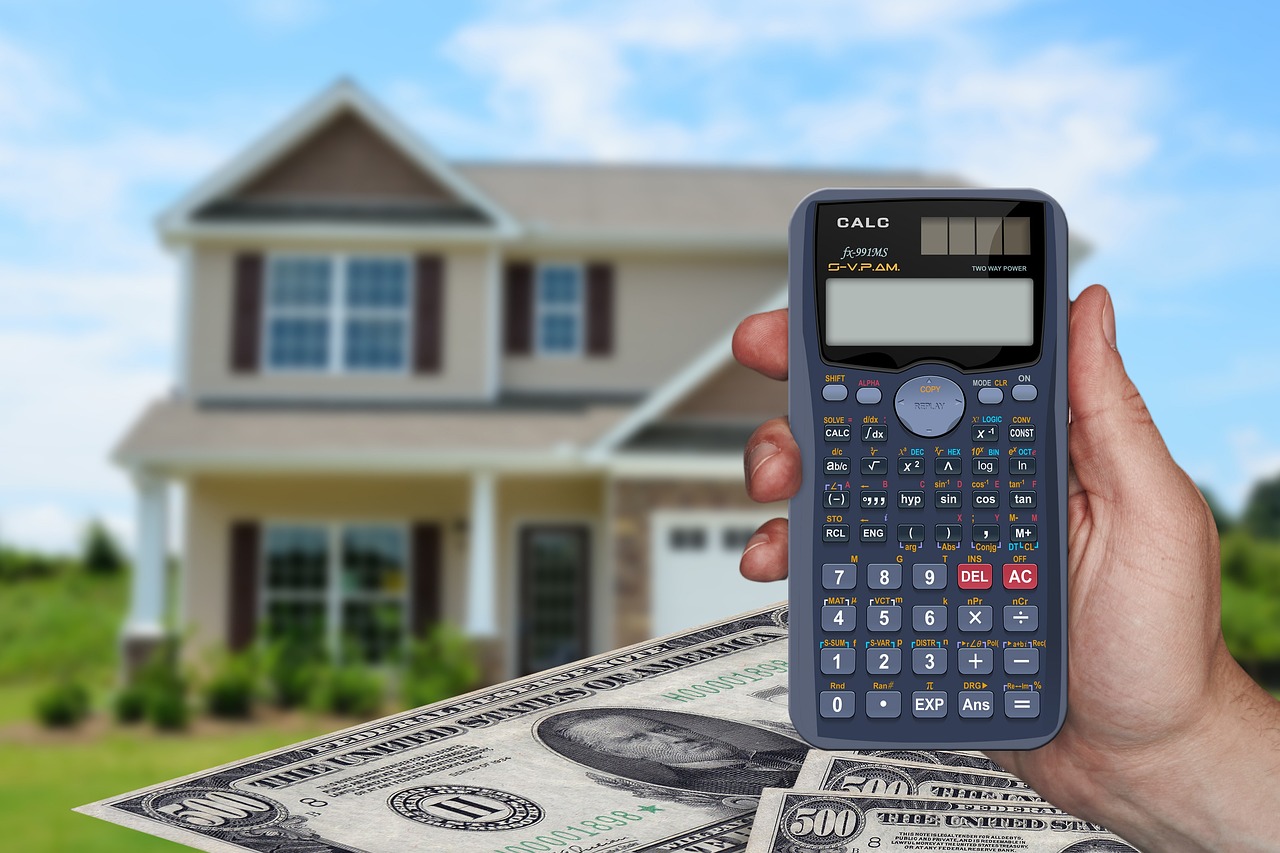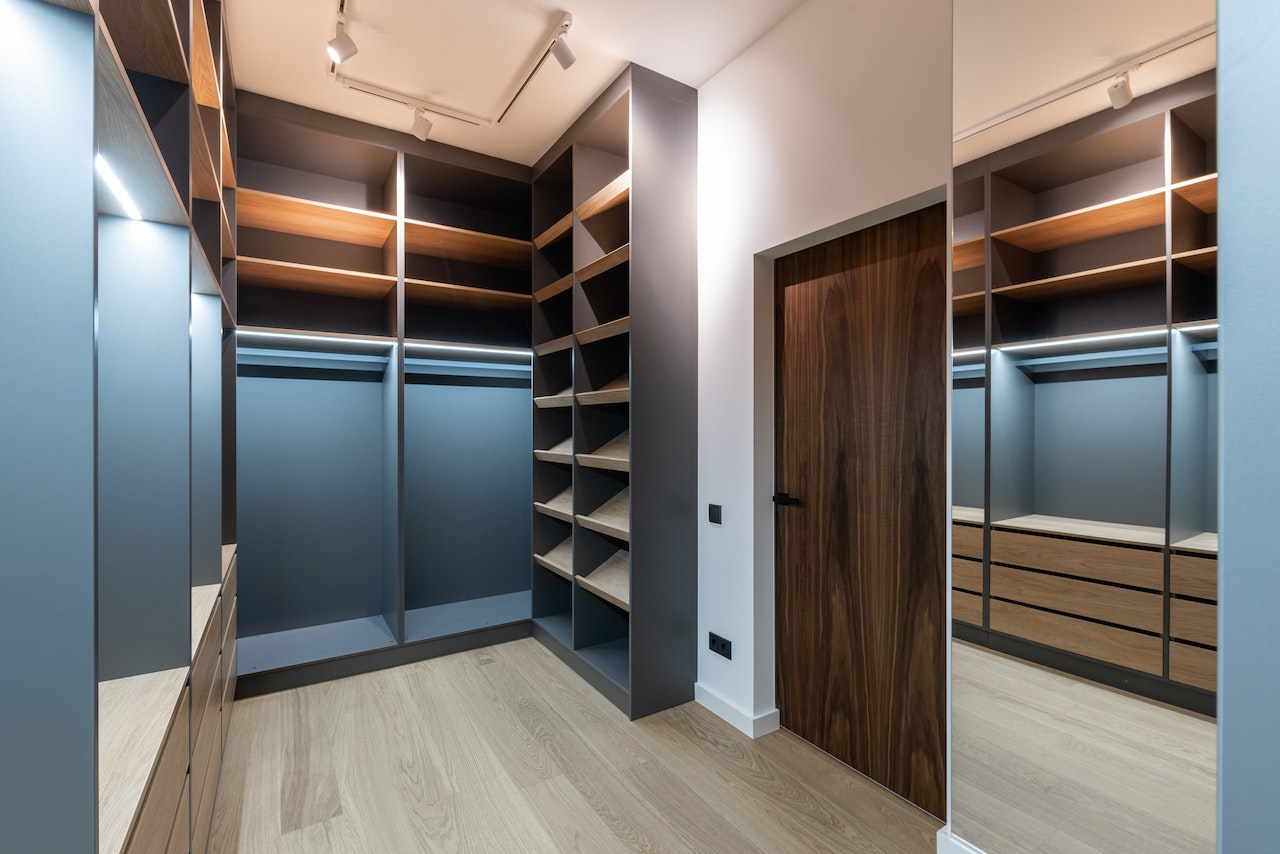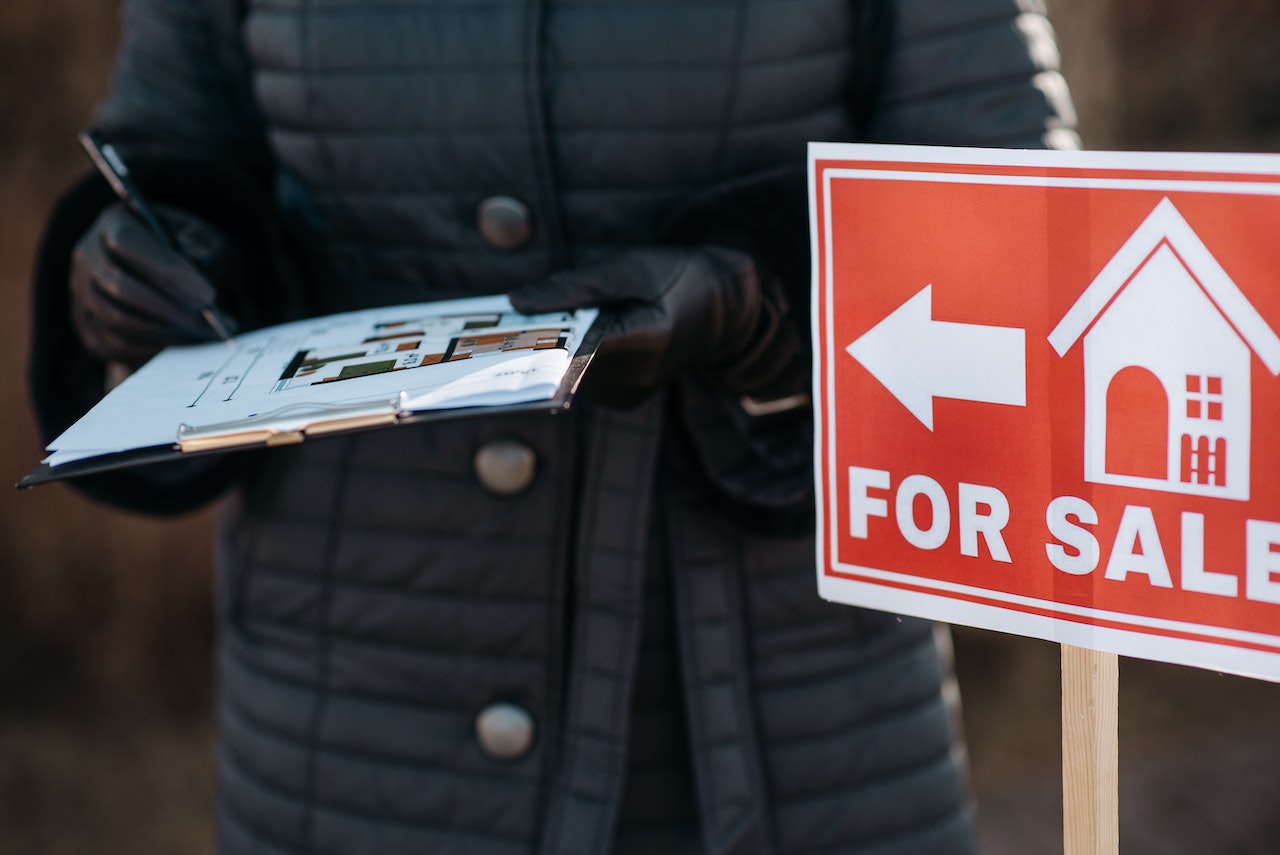Housing – the universally acknowledged black hole of personal finance, where dreams of a lavish dwelling are only a 30-year mortgage and a soul-selling away. But let’s park that unicorn right here because we’re about to dive deep into the hilarious absurdity of spending just the right amount on housing without declaring your wallet an endangered species.
Budgeting for Your Castle: The 30% Golden Rule
First, let’s address the elephant in the room, which, due to budget constraints, is actually a very cramped studio apartment. Financial experts, bless their frugal hearts, will tell you to spend no more than 30% of your gross income on housing. This magic number comes from guidelines set forth by the ancient financial sages of yore, or the 1960s – whichever sounds more credible.
So, you do the math. If you’re earning an adorable paycheck that makes you feel all warm and fuzzy inside, take that number, find 30% of it, and presto! You’ve got your housing budget. This is the part where you might laugh maniacally or sob quietly into your budget spreadsheet – dealer’s choice.
But let’s inject some cold, hard reality into this comedy sketch. Spending a third of your income on housing is as traditional as Grandma’s meatloaf, yet times are changing. With cities becoming more expensive than a decent avocado toast at a hipster café, the 30% rule is more like a “30%? Good luck, pal” kind of situation.
Here’s where the genuine advice sneaks in like common sense crashing a payday loan convention. It’s crucial to factor in other living expenses. Yes, that means acknowledging that you need to eat something other than ramen noodles occasionally. And let’s not forget about debt payments, because they’re as persistent as that one relative who always “forgets” their wallet at family dinners.
Before you set your housing budget in stone (or, more likely, in the flimsy drywall of your budget apartment), consider this: If you’re spending 30% on housing, what’s happening with the other 70%? Bills, food, insurance, transportation, and, if you’re feeling particularly self-indulgent, maybe some entertainment. You know, like watching people argue about pineapple on pizza on the internet – that’s free.
It’s also essential to prepare for the unexpected. This means having an emergency fund because life has a funny way of throwing curveballs that hit you right in the bank account. A leaky roof, a possessed furnace, or a gang of rebellious appliances deciding to go on strike – these are all delightful surprises that await homeowners.
Now, let’s talk about the seductive dance of mortgages, a complex tango of interest rates, terms, and other fun things that’ll make your head spin more than a night out with tequila. The key here is to not let your mortgage turn into a monster that haunts your dreams. A fixed-rate mortgage can be your best friend, offering the stability of a monthly payment that doesn’t fluctuate with the market’s mood swings.
In the whimsical world of renting, the advice isn’t much different. Sure, you might not have to fix your own leaky taps, but you do have to deal with rent increases that can pop up like uninvited in-laws. Plus, the security deposit is always a fun game of “Will I ever see that money again?”
Next, let’s venture into the thrilling world of “Location, Location, Location!” – the real estate mantra chanted by agents and regretful homeowners alike. Now, if you’re considering a place in a trendy neighborhood, prepare to spend more of your paycheck on housing than you do on all those fancy coffee drinks that are basically just milkshakes pretending to be adult.
But let’s not be too hasty – maybe you’re considering a place in the ‘burbs. You could get more bang for your buck, but remember that “bang” might just be the sound of your soul slowly deflating as you calculate your new two-hour commute. And let’s not even get started on fuel costs, or worse, the horror of public transportation schedules.
To Buy or Not to Buy: The Homeownership Debate
Now, we waltz into the opulent ballroom of “Buying vs. Renting” – the ultimate housing quandary. If you choose to buy, you’re essentially betting half your income on a game of The Floor is Lava with the housing market. But hey, at least you’ll have the joy of ownership, right? That is until the boiler breaks and you find out that “joy” is actually code for “Just Open Your Wallet.”
Renting, on the other hand, is like being in a relationship that’s “complicated.” No long-term commitments, the freedom to ghost your apartment for a better one, and your bank account might not take a direct hit from maintenance costs. However, you’re also at the mercy of your landlord, a character who might range from a benevolent deity to a tyrannical slumlord with a passion for vintage asbestos.
In the grand comedy of life, how much you should be spending on housing often feels like a punchline. But with a little bit of planning, a healthy dose of reality, and perhaps a dash of cynicism, you can navigate the housing market without completely torpedoing your financial future. Keep your head high, your calculator handy, and your sense of humor fully intact. After all, they say home is where the heart is, but it’s also where you keep your ramen stash, and that’s worth protecting at all costs.
Pro Tips to Save Your Bank Account From an Existential Crisis
Let’s circle back to the advice portion before we all get too depressed about the state of our living situations. Here are a few pearls of wisdom to help guide you through the murky waters of housing finance without needing to inflate a life vest:
- Flexibility is key: Don’t chain yourself to a house or an apartment you can’t afford. You want your home to be your castle, not your prison. Choose a place that gives you enough financial wiggle room to still enjoy life’s other expenses, like your Netflix subscription, because let’s be honest, “Stranger Things” isn’t going to binge-watch itself.
- Downsize your expectations: You might not be able to afford the sprawling mansion or chic penthouse just yet. It’s okay to start small and work your way up to your dream house, preferably not in a manner that resembles climbing Everest in flip-flops.
- Think long-term: Whether you’re renting or buying, think about how your choice will affect your finances down the road. Don’t be swayed by the shiny fixtures and granite countertops unless you’re sure you can handle the mortgage or rent. Remember, a house should be a source of stability, not a trigger for your stress-eating.
- Negotiate like a pro: Never accept the first offer. Whether it’s the rent, the purchase price, or the interest rate, there’s usually some wiggle room. The worst they can say is no, and then you’re just back to where you started, which is essentially adulting in a nutshell.
- Remember additional costs: Property taxes, homeowners association fees, renters insurance, and other joyous expenses that crop up when you least expect them. Make sure to budget for these so you don’t end up using your oven for storage because you can’t afford to actually cook in it.
- Roommates: The Necessary Evil: Consider cohabitating with someone whose company you can tolerate for more than a few hours at a time. A roommate can halve your rent and utility bills. Choose wisely, though, because a bad roommate can make you wish for the sweet solitude of a shoebox-sized studio.
- The Art of Thriftiness: When it comes to furnishing your place, thrift stores, garage sales, and online marketplaces are your friends. You can find treasures (and the occasional cursed artifact) that will save you a bundle. Remember, nothing says chic like a vintage coffee table that has lived through more than you have.
- Utilities Are Not Just a Part of Monopoly: Shop around for the best deals on utilities and consider usage habits that reduce your bills. Do you really need to see your breath indoors to feel alive? Maybe turn down the AC a notch.
- DIY: The Hero You Deserve: Learn to fix things yourself. There’s a YouTube tutorial for almost every minor repair. You’ll save money and gain the invaluable ability to nod knowingly when someone mentions the words ‘ballcock valve’ at a dinner party.
- Insurance: Because Life Happens: If you’re buying, don’t skimp on homeowners insurance, and if you’re renting, get renters insurance. It’s relatively inexpensive and can save you from forking out five figures when disaster strikes your five figures’ worth of possessions.
- The Future Fund: If you’re planning to buy, start saving for that down payment early. The bigger the down payment, the smaller the mortgage, and the less likely you are to end up crying into a pile of unpaid bills.
- Credit Score Fitness: Keep your credit score in shape. A good credit score can be the difference between a favorable interest rate and one that resembles a phone number.
- Mind the Gap: Consider the gap insurance if you’re a homeowner. This covers the difference between what your home insurance will pay and what you owe on your mortgage in case your house does a Houdini during a disaster.
- Flex Space: Look for homes with a space that can potentially generate income, like a basement you can rent out. It’s like having a money tree, but with more paperwork and less chlorophyll.
- Remember the Exit Plan: Always have an exit strategy. If you buy, know the market well enough to sell when needed. If you rent, understand your lease terms to avoid being trapped in a financial spider web.
Frequently Asked Questions About Housing Spending
While you’re free to spend your money on moon rocks if it pleases you, exceeding the 30% rule on housing is about as advisable as a diet consisting solely of deep-fried butter. If you want to flirt with financial danger, be sure to compensate in other areas, like forgoing food, fun, or sanity.
Investing in a house with a transient heart is like getting a “forever” tattoo on a whim – both are painful and expensive to remove. If you’re a rolling stone, renting might be more your jam.
Kidneys are overrated anyway, but for those attached to their organs, consider automatic transfers to a savings account, trimming unnecessary expenses, and if you’re artistically inclined, selling your macaroni art on Etsy.
It’s a game of Russian roulette, but with personalities instead of bullets. A good roommate can make your financial life a breeze. A bad one can make you question your faith in humanity. Choose wisely or risk ending up with a sitcom-worthy nemesis.
Oh, just a few minor trifles like closing costs, maintenance, property taxes, insurance, and the occasional poltergeist removal. Whether you rent or buy, always look under the financial rug for these sneaky extras.
Aim for three to six months’ worth of living expenses, or enough to fund a small coup. This way, when your furnace decides to break in the middle of a snowstorm, you’ll be ready.
Only if it involves living in a cardboard box or your car. While frugality is admirable, don’t compromise on safety and basic living standards. Your home should be your haven, not a backdrop for a dystopian novel.
Treating your housing budget like a suggestion rather than a limit. That and possibly confusing a haunted house for a fixer-upper. The former comes with ghosts, the latter with potential – although both can be terrifying in their own right.



